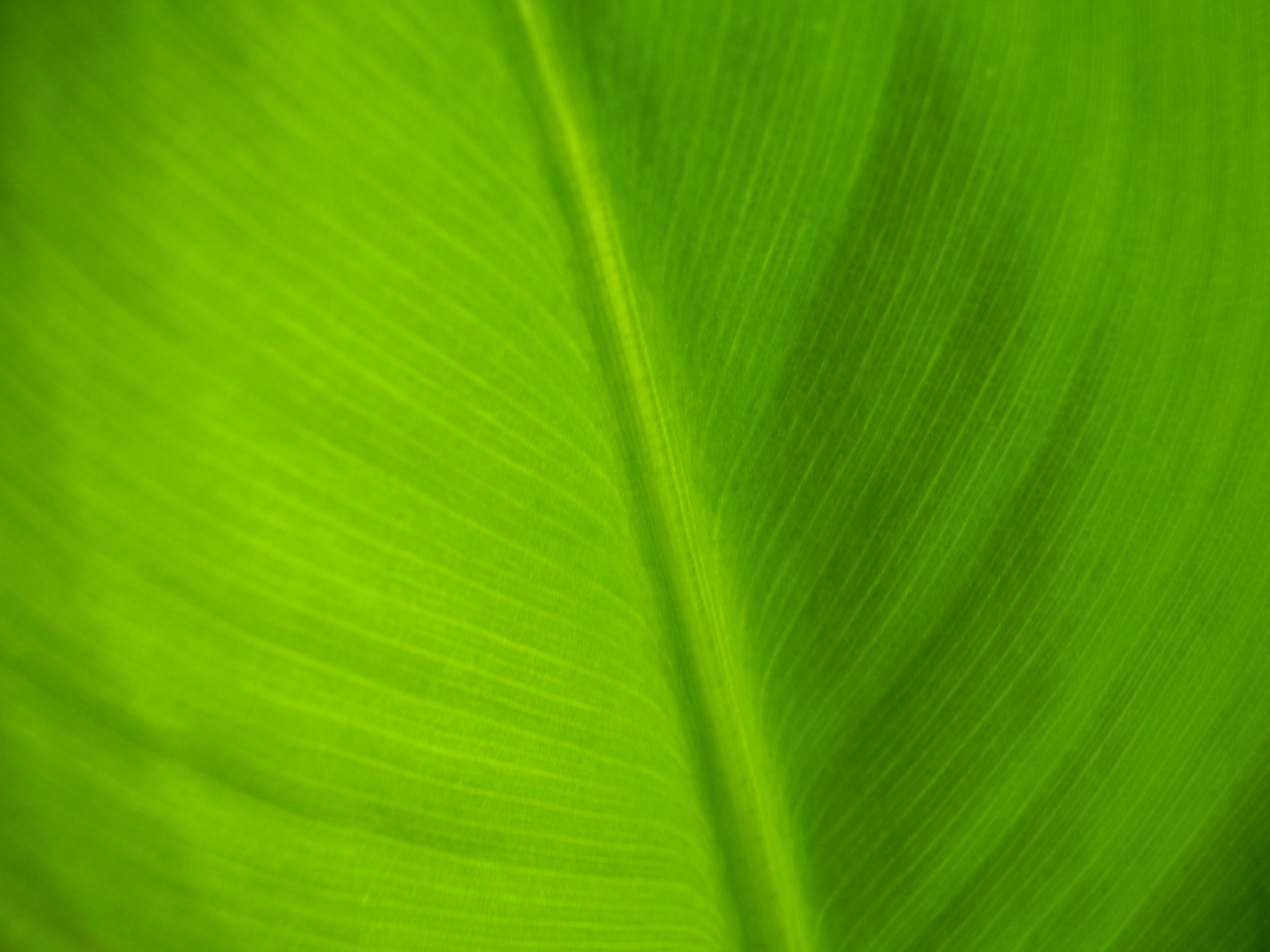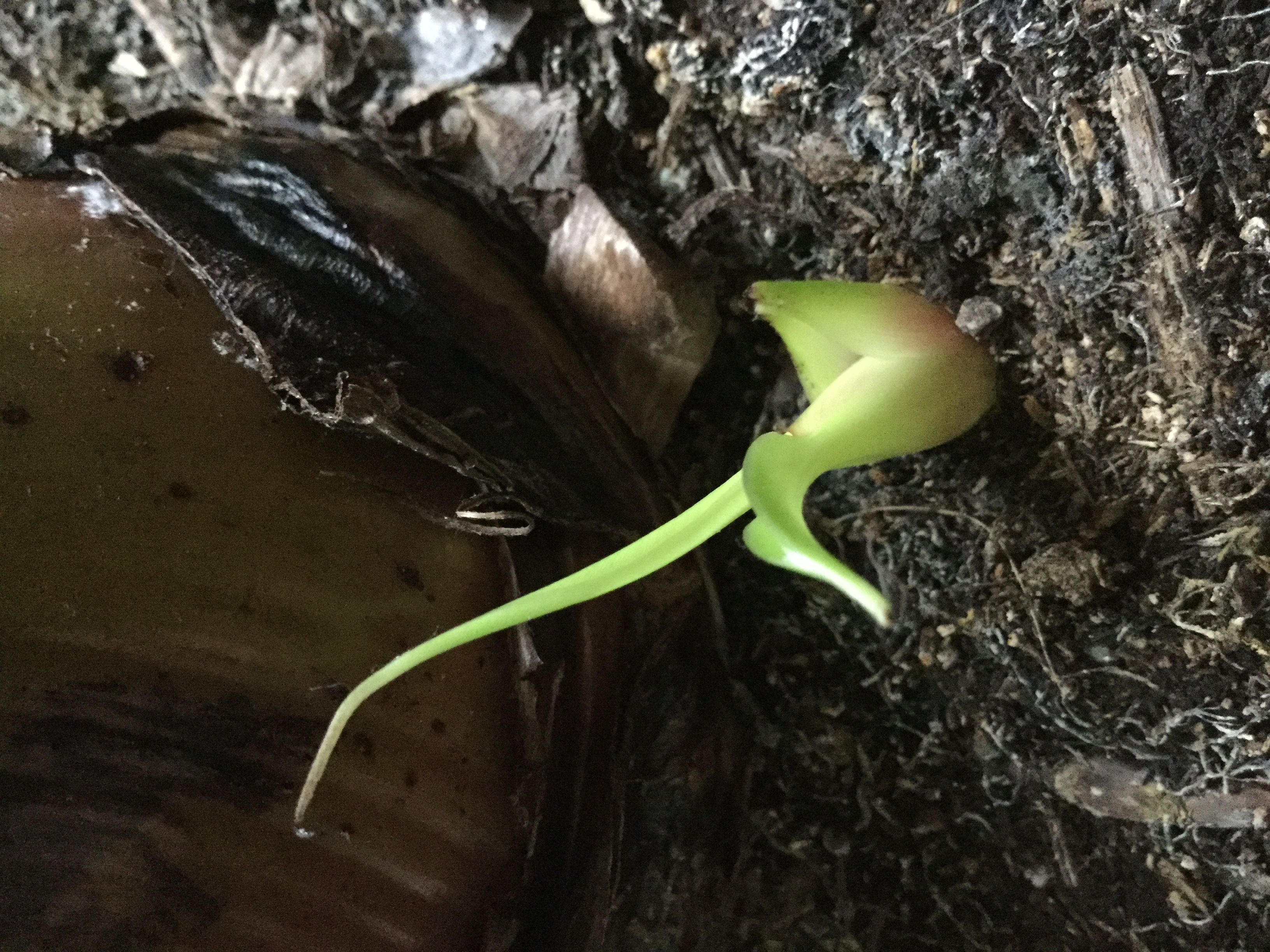Dwarf Cavendish banana on:
[Wikipedia]
[Google]
[Amazon]
The Dwarf Cavendish banana is a widely grown and commercially important
/ref>
 #''Musa acuminata'' L. A. Colla
#''Musa nana'' J. de Loureiro (name accepted at Mobot)
#''Musa nana'' auct. non J. de Loureiro
#''Musa chinensis'' R. Sweet
#''Musa sinensis'' P. A. Sagot ex J. G. Baker
#''Musa sinensis'' P. A. Sagot
#''Musa sinensis'' R. Sweet ex P. A. Sagot
Other common names include ''klue hom kom'', ''pisang serendah'', Chinese banana, and Canary banana.
#''Musa acuminata'' L. A. Colla
#''Musa nana'' J. de Loureiro (name accepted at Mobot)
#''Musa nana'' auct. non J. de Loureiro
#''Musa chinensis'' R. Sweet
#''Musa sinensis'' P. A. Sagot ex J. G. Baker
#''Musa sinensis'' P. A. Sagot
#''Musa sinensis'' R. Sweet ex P. A. Sagot
Other common names include ''klue hom kom'', ''pisang serendah'', Chinese banana, and Canary banana.


 {{Banana
Banana cultivars
{{Banana
Banana cultivars
Cavendish
Cavendish may refer to:
People
* The House of Cavendish, a British aristocratic family
* Margaret Cavendish (1623–1673), British poet, philosopher, and scientist
* Cavendish (author) (1831–1899), pen name of Henry Jones, English auth ...
cultivar
A cultivar is a type of cultivated plant that people have selected for desired traits and when propagated retain those traits. Methods used to propagate cultivars include: division, root and stem cuttings, offsets, grafting, tissue culture, ...
. The name "Dwarf Cavendish" is in reference to the height of the pseudostem
A stem is one of two main structural axes of a vascular plant, the other being the root. It supports leaves, flowers and fruits, transports water and dissolved substances between the roots and the shoots in the xylem and phloem, stores nutrien ...
, not the fruit. Young plants have maroon or purple blotches on their leaves but quickly lose them as they mature. It is one of the most commonly planted banana varieties from the Cavendish group, and the main source of commercial Cavendish bananas along with Grand Nain.details of the taxonomic naming of the cavendish banana/ref>
History of cultivation
Cavendish bananas were named afterWilliam Cavendish, 6th Duke of Devonshire
William George Spencer Cavendish, 6th Duke of Devonshire, (21 May 1790 K. D. Reynolds, ‘Cavendish, William George Spencer, sixth duke of Devonshire (1790–1858)’, Oxford Dictionary of National Biography, Oxford University Press, Sept 2004; ...
. Though not the first known banana specimens in Europe, around 1834 Cavendish received a shipment of bananas courtesy of the chaplain
A chaplain is, traditionally, a cleric (such as a Minister (Christianity), minister, priest, pastor, rabbi, purohit, or imam), or a laity, lay representative of a religious tradition, attached to a secularity, secular institution (such as a hosp ...
of Alton Towers
Alton Towers Resort ( ) (often referred to as Alton Towers) is a theme park and resort complex in Staffordshire, England, near the village of Alton. The park is operated by Merlin Entertainments Group and incorporates a theme park, water park, ...
(then the seat of the Earls of Shrewsbury
Earl of Shrewsbury () is a hereditary title of nobility created twice in the Peerage of England. The second earldom dates to 1442. The holder of the Earldom of Shrewsbury also holds the title of Earl of Waterford (1446) in the Peerage of Irelan ...
). His gardener, Sir Joseph Paxton
Joseph is a common male given name, derived from the Hebrew Yosef (יוֹסֵף). "Joseph" is used, along with "Josef", mostly in English, French and partially German languages. This spelling is also found as a variant in the languages of the mo ...
cultivated them in the greenhouses of Chatsworth House
Chatsworth House is a stately home in the Derbyshire Dales, north-east of Bakewell and west of Chesterfield, Derbyshire, Chesterfield, England. The seat of the Duke of Devonshire, it has belonged to the House of Cavendish, Cavendish family sin ...
. The plants were botanically described by Paxton as ''Musa cavendishii'', after the Duke.
The Chatsworth bananas were shipped off to various places in the Pacific
The Pacific Ocean is the largest and deepest of Earth's five oceanic divisions. It extends from the Arctic Ocean in the north to the Southern Ocean (or, depending on definition, to Antarctica) in the south, and is bounded by the continen ...
around the 1850s. It is believed that some of them may have ended up in the Canary Islands
The Canary Islands (; es, Canarias, ), also known informally as the Canaries, are a Spanish autonomous community and archipelago in the Atlantic Ocean, in Macaronesia. At their closest point to the African mainland, they are west of Morocc ...
, though other authors believe that the bananas in the Canary Islands had been there since the fifteenth century and had been introduced through other means, namely by early Portuguese
Portuguese may refer to:
* anything of, from, or related to the country and nation of Portugal
** Portuguese cuisine, traditional foods
** Portuguese language, a Romance language
*** Portuguese dialects, variants of the Portuguese language
** Portu ...
explorers who obtained them from West Africa
West Africa or Western Africa is the westernmost region of Africa. The United Nations defines Western Africa as the 16 countries of Benin, Burkina Faso, Cape Verde, The Gambia, Ghana, Guinea, Guinea-Bissau, Ivory Coast, Liberia, Mali, Maurit ...
and were later responsible for spreading them to the Caribbean
The Caribbean (, ) ( es, El Caribe; french: la Caraïbe; ht, Karayib; nl, De Caraïben) is a region of the Americas that consists of the Caribbean Sea, its islands (some surrounded by the Caribbean Sea and some bordering both the Caribbean Se ...
. African bananas in turn were introduced from Southeast Asia
Southeast Asia, also spelled South East Asia and South-East Asia, and also known as Southeastern Asia, South-eastern Asia or SEA, is the geographical United Nations geoscheme for Asia#South-eastern Asia, south-eastern region of Asia, consistin ...
into Madagascar
Madagascar (; mg, Madagasikara, ), officially the Republic of Madagascar ( mg, Repoblikan'i Madagasikara, links=no, ; french: République de Madagascar), is an island country in the Indian Ocean, approximately off the coast of East Africa ...
by early Austronesian sailors. In 1888, bananas from the Canary Islands were imported into England by Thomas Fyffe. These bananas are now known to belong to the Dwarf Cavendish cultivar.
Taxonomy
Its accepted name is ''Musa'' (AAA group) 'Dwarf Cavendish'. Synonyms include:Description
Dwarf Cavendish leaves are broad with short petioles. Its shortness makes it stable, wind-resistant, and easier to manage. This, in addition to its fast growth rate, makes it ideal for plantation cultivation. An easily recognizable characteristic of this cultivar is that the male bracts and flowers are not shed. The fruits of the Dwarf Cavendish cultivar range from about 15 to 25 cm in length, and are thin skinned. Each plant can bear up to 90 fingers.
References

 {{Banana
Banana cultivars
{{Banana
Banana cultivars